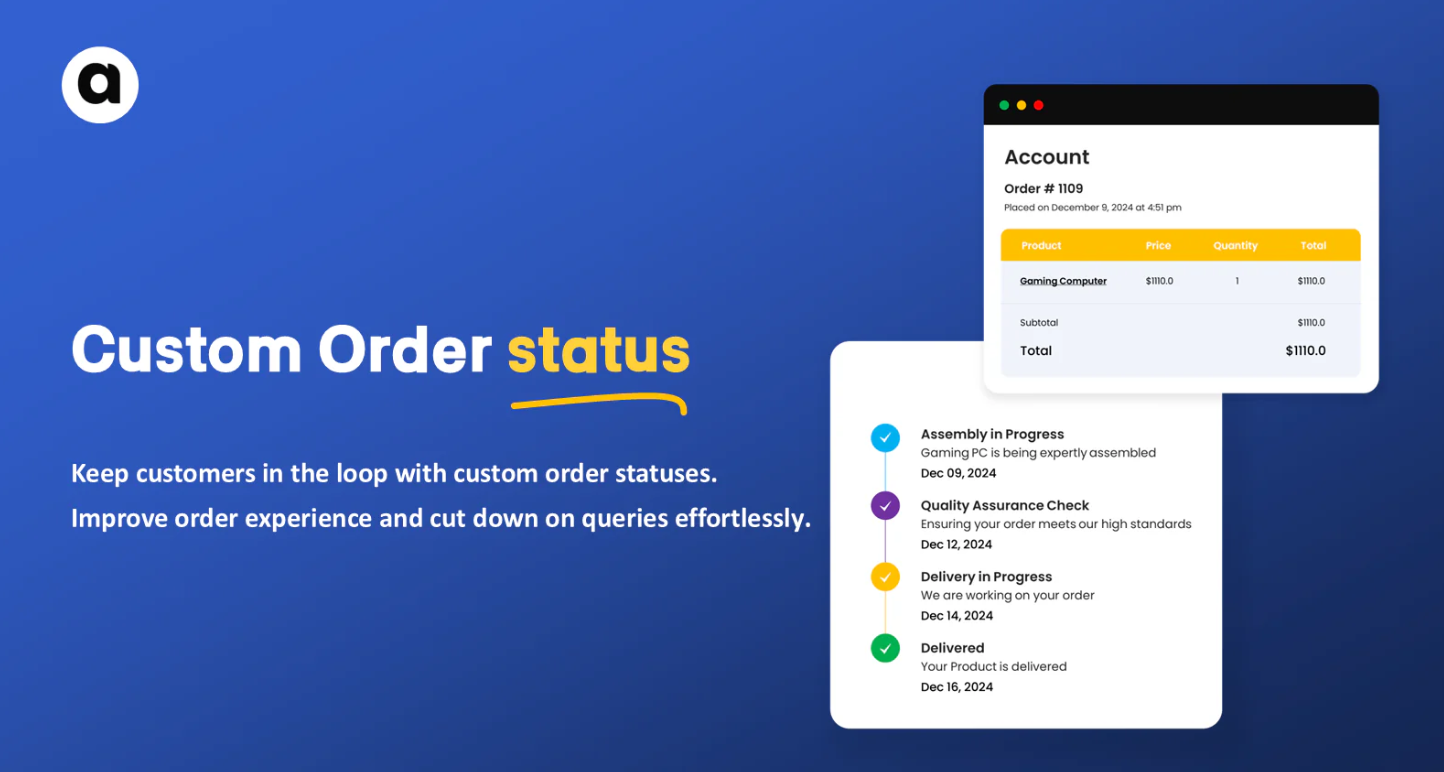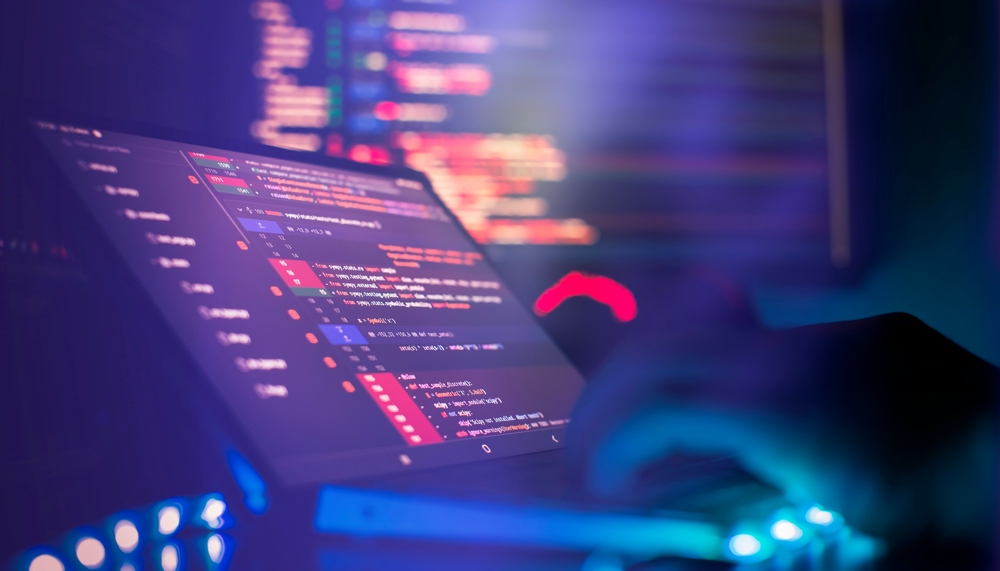The United Arab Emirates is rapidly becoming a global hub for blockchain innovation and digital finance. With progressive regulations, tech-forward government initiatives, and growing investor interest, the UAE is the ideal environment for asset tokenization platform development.
As the region embraces digital transformation across sectors, asset tokenization—converting real-world assets into blockchain-based digital tokens—is gaining serious momentum in Dubai, Abu Dhabi, and beyond.
What is Asset Tokenization?
Asset tokenization involves transforming physical or intangible assets—such as real estate, artwork, commodities, or private equity—into digital tokens on a blockchain. These tokens represent ownership or rights and can be traded globally with increased efficiency and transparency.
In the UAE, this approach aligns with national objectives such as Dubai’s Blockchain Strategy and the UAE’s broader vision to become a digital-first economy.
Why the UAE is Ideal for Asset Tokenization Platform Development
The UAE offers unique advantages for building and deploying asset tokenization platforms:
-
Progressive Regulatory Environment: The Dubai International Financial Centre (DIFC), Abu Dhabi Global Market (ADGM), and Securities and Commodities Authority (SCA) have created clear frameworks for digital asset operations.
-
Strong Government Backing: Initiatives like Dubai Blockchain Strategy and the UAE Digital Economy Strategy encourage blockchain integration across industries.
-
Global Investment Hub: The UAE attracts investors from Asia, Europe, and the Middle East, making it an ideal market for fractionalized, tokenized assets.
-
Advanced Infrastructure: Access to high-speed networks, cloud services, and blockchain-as-a-service providers ensures seamless platform development and deployment.
Core Features of an Asset Tokenization Platform in the UAE
To meet the UAE’s regulatory and investor expectations, a tokenization platform should include:
-
Localized Asset Onboarding
-
Support for real estate tokenization compliant with UAE land departments.
-
KYC/AML modules integrated with regional compliance providers.
-
-
Shariah-Compliant Investment Options
-
Token offerings aligned with Islamic finance principles to serve the region’s Halal investment market.
-
-
Multilingual Dashboards
-
Arabic and English support to ensure accessibility across the UAE’s diverse investor base.
-
-
Smart Contract Automation
-
Regulatory logic for SCA-registered offerings and automated dividend payouts.
-
-
Cross-Border Investment Tools
-
Allow global investors to access UAE-based assets with transparent ownership and jurisdictional clarity.
-
-
Integrated Custody and Payment Systems
-
Tie-ins with UAE banks, digital wallets, and licensed custodians for secure asset management.
-
Key Sectors Driving Tokenization in the UAE
-
Real Estate: Dubai and Abu Dhabi’s luxury and commercial property markets are ideal for fractional ownership.
-
Hospitality: Tokenization of hotel shares and resort revenues enables new investor models.
-
Fine Art & Collectibles: Galleries in DIFC and Abu Dhabi are exploring tokenized ownership.
-
Renewable Energy Projects: Tokenized green bonds and solar energy investments appeal to ESG-focused investors.
-
Private Equity: UAE startups and family offices are leveraging tokenization to raise capital globally.
Development Roadmap for UAE-Based Tokenization Platforms
-
Regulatory Consultation
-
Align with ADGM, DIFC, or SCA depending on the business model.
-
Secure necessary licenses for token issuance and investor onboarding.
-
-
Platform Architecture Design
-
Use compliant blockchain protocols (Ethereum, Polygon, or Tezos).
-
Modular design for easy integration with banks, payment providers, and custodians.
-
-
Localization
-
Arabic UI/UX, local legal document formats, UAE ID integration for onboarding.
-
-
Security and Smart Contract Audits
-
Audit by Dubai-registered cybersecurity firms to meet local standards.
-
-
Launch and Marketing
-
Partnership with UAE real estate brokers, art dealers, or government-backed initiatives for exposure.
-
Challenges and Solutions in the UAE Market
-
Regulatory Complexity: Navigating different zones like DIFC, ADGM, and mainland regulations requires legal expertise.
-
Education Gap: Many investors are still learning about tokenization—platforms must include educational resources.
-
Liquidity Management: Market-making mechanisms and UAE-focused secondary marketplaces are crucial.
Final Thoughts
The UAE is at the forefront of digital asset innovation. With its robust infrastructure, forward-looking regulators, and appetite for cutting-edge investment tools, the region is poised to become a global leader in asset tokenization.
Whether you’re a real estate developer in Dubai, a fintech startup in Abu Dhabi, or a global investor eyeing the MENA region, investing in asset tokenization platform development in the UAE opens new doors to digital ownership and democratized wealth creation.
FAQ’S
Q1. What is asset tokenization and how does it work in the UAE?
A: Asset tokenization is the process of converting real-world assets—such as real estate, art, or commodities—into blockchain-based digital tokens. In the UAE, tokenization platforms are developed in alignment with local regulations set by bodies like the SCA, DIFC, or ADGM. These platforms allow fractional ownership, enabling both local and international investors to securely trade and manage digital representations of physical assets.
Q2. Is asset tokenization legal in the UAE?
A: Yes, asset tokenization is legal in the UAE, provided the platform complies with relevant regulatory frameworks. Authorities such as the Securities and Commodities Authority (SCA), Dubai International Financial Centre (DIFC), and Abu Dhabi Global Market (ADGM) have introduced guidelines and licensing models to facilitate secure and compliant tokenization of assets.
Q3. Which industries in the UAE benefit the most from asset tokenization?
A: Real estate, hospitality, fine art, renewable energy, and private equity are the key sectors leveraging asset tokenization in the UAE. Dubai’s real estate market is especially active in this space, allowing property developers to offer fractional ownership to global investors through tokenized assets.


